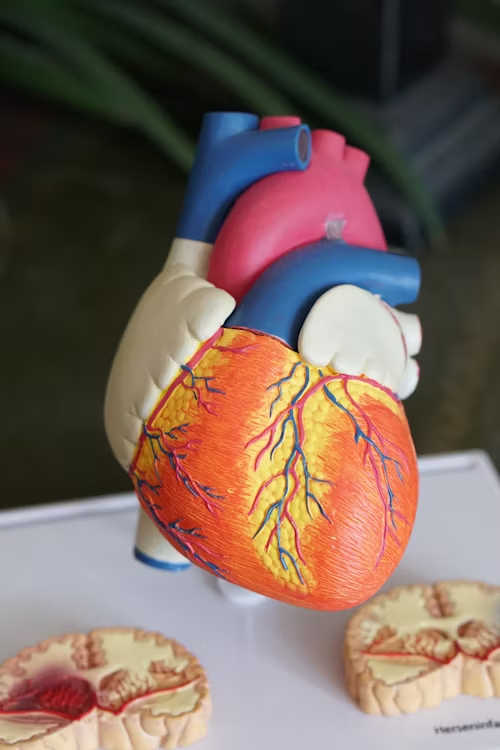Chronic pain affects millions of people worldwide and can significantly impact daily life and well-being. Explore effective strategies and treatments for managing chronic pain:
1. Understanding Chronic Pain
Chronic pain persists beyond the usual healing time and can be caused by conditions such as arthritis, fibromyalgia, back pain, or nerve damage. It affects physical, emotional, and social aspects of life.
2. Multidisciplinary Treatment Approach
- Medications: Prescription medications (such as analgesics, anti-inflammatories, or antidepressants) can help manage pain and improve function.
- Physical Therapy: Exercises, stretches, and techniques to improve strength, flexibility, and range of motion, tailored to individual needs.
- Psychological Therapy: Cognitive-behavioral therapy (CBT), relaxation techniques, and counseling to address the emotional impact of chronic pain and improve coping skills.
- Interventional Procedures: Injections, nerve blocks, or implants to target and alleviate pain in specific areas.
3. Lifestyle Modifications
- Exercise: Low-impact activities like swimming or walking can strengthen muscles, improve posture, and reduce pain.
- Nutrition: A balanced diet rich in fruits, vegetables, whole grains, and lean proteins supports overall health and may help manage inflammation.
- Sleep Hygiene: Quality sleep is crucial for pain management and overall well-being. Establishing a regular sleep schedule and creating a comfortable sleep environment are essential.
- Stress Management: Techniques like meditation, deep breathing, or biofeedback can help reduce stress and alleviate pain perception.
4. Alternative and Complementary Therapies
- Acupuncture: Traditional Chinese medicine technique involving the insertion of thin needles into specific points on the body to relieve pain and improve energy flow.
- Massage Therapy: Manipulation of muscles and soft tissues to promote relaxation, reduce muscle tension, and alleviate pain.
- Herbal Supplements: Some herbs like turmeric, ginger, or capsaicin may have anti-inflammatory properties and pain-relieving effects, but consult with a healthcare provider before use.
5. Support and Education
- Support Groups: Connecting with others who understand chronic pain challenges can provide emotional support, share coping strategies, and offer encouragement.
- Educational Resources: Stay informed about pain management techniques, treatment options, and self-care strategies through reputable sources and healthcare providers.
6. Personalized Pain Management Plan
Work closely with healthcare providers to develop a personalized pain management plan tailored to your specific condition, needs, and goals. Regular communication and adjustments may be necessary to optimize treatment outcomes.
Conclusion
Managing chronic pain requires a comprehensive approach that addresses physical, emotional, and lifestyle factors. By exploring a variety of treatment options and incorporating strategies that work best for you, you can improve pain relief, function, and quality of life.
Explore more articles and resources on chronic pain management at MediHub to empower yourself with knowledge and support for living well with chronic pain.





